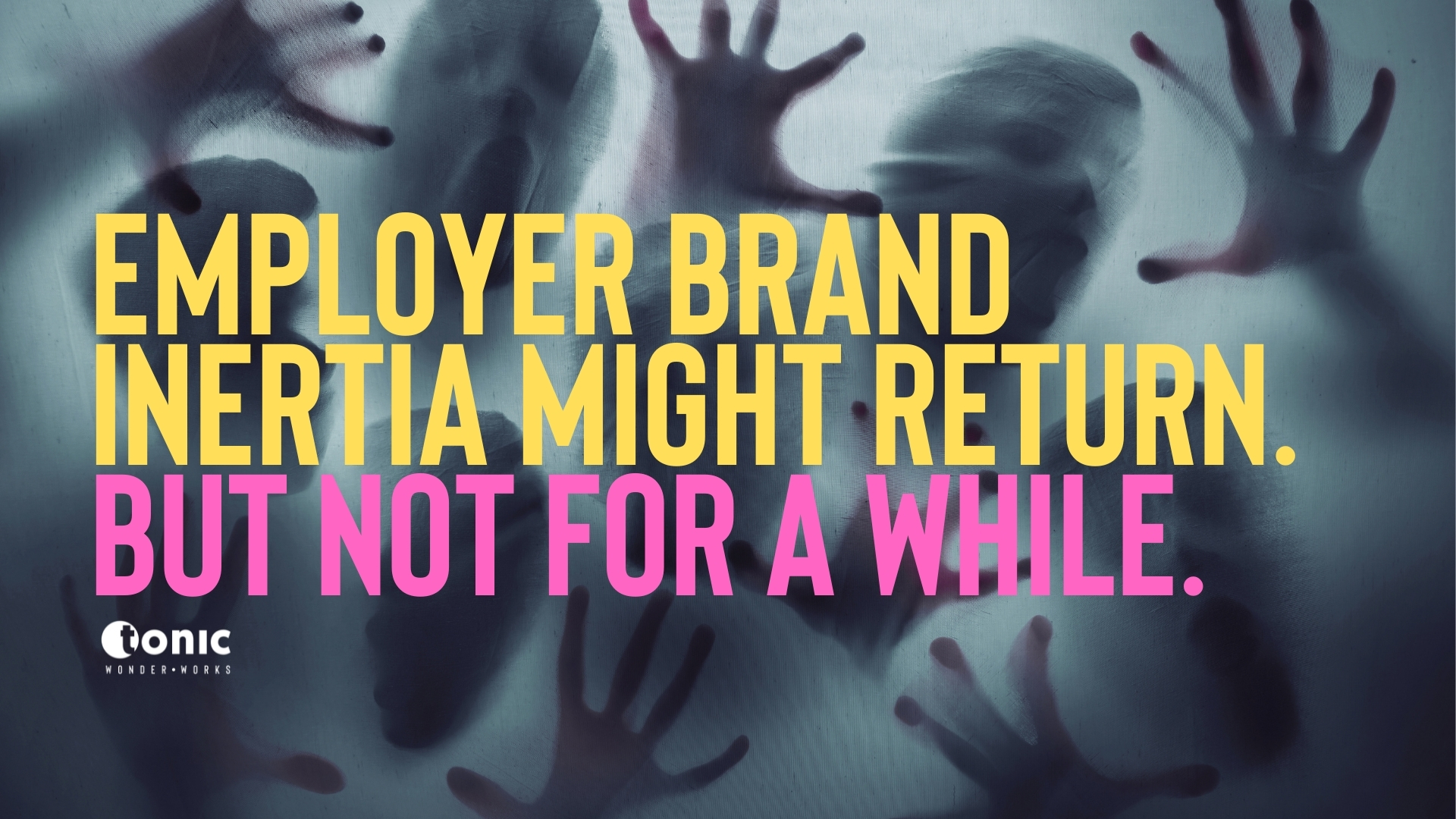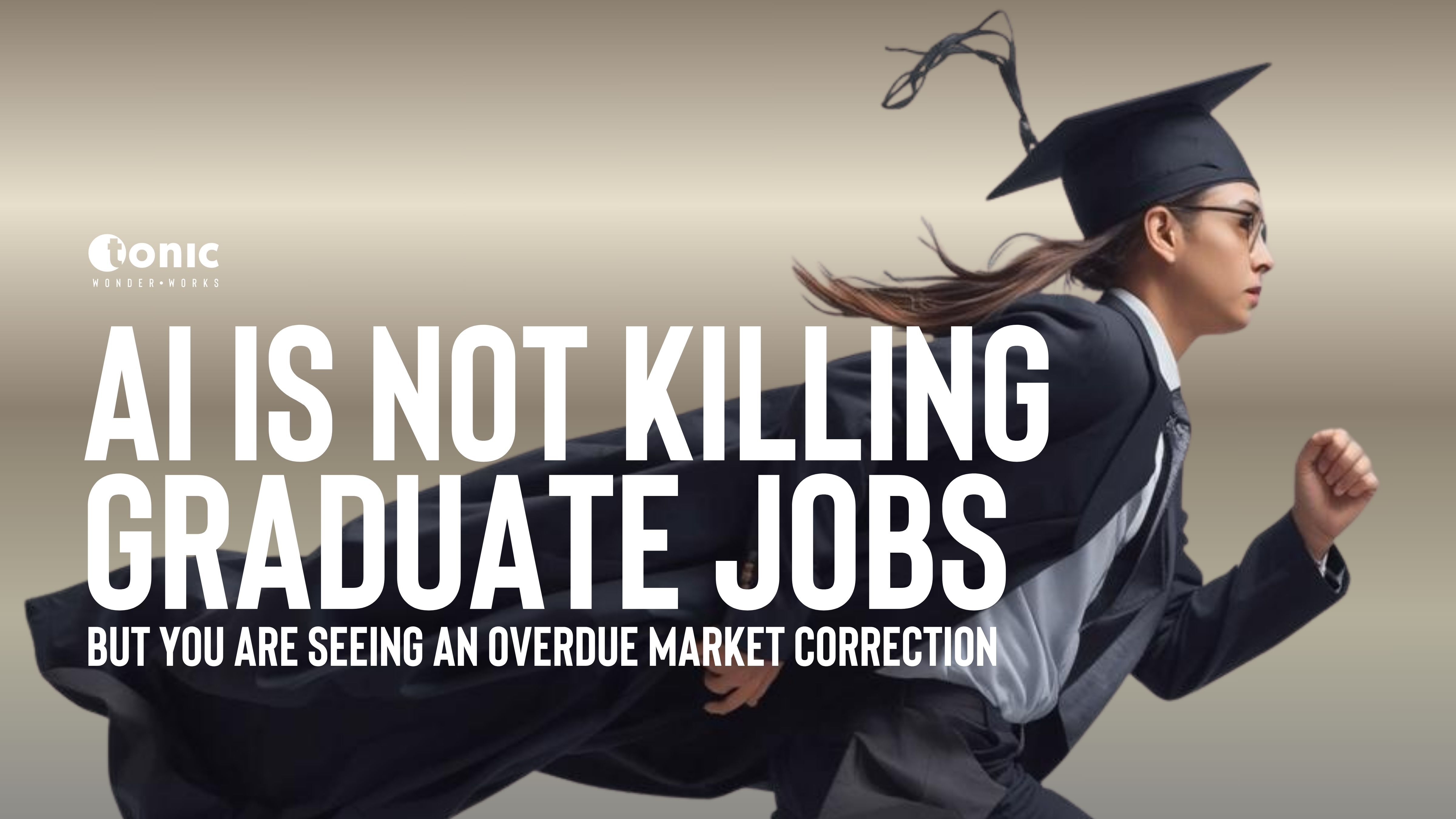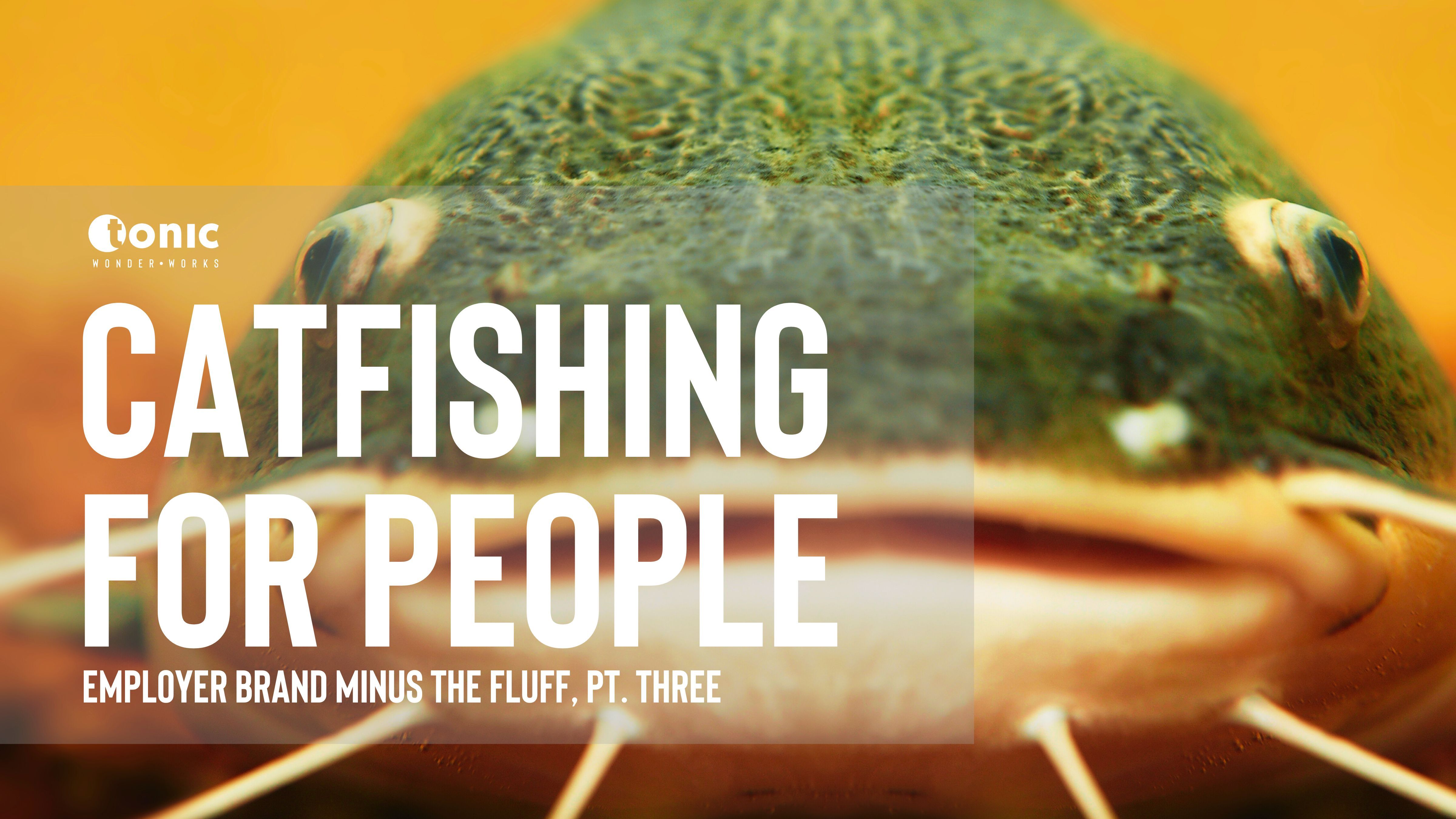The second of our blogs looking at the high-level trends that are impacting now on employer brands. This time it's habit versus upheaval, and the competing tensions between individuals, employers and the government.
We all know that people look for the easy option. That human nature is inherently drawn to the status quo. You (and I), just need to look at our own behaviour to know that that's just the way it is - like it or not.
Disagree? The truth of this is in the decisions that we think we make every day; The time we wake up; The workout we do/don't; The route we take to work; The radio station we listen to; The coffee we get... just the beginning of our day is riddled with the choices we choose not to change. We're creatures of habit. If it ain't broke, don't fix it. Right?
Marketers know this, business knows this, governments know this. In fact, many business models are based on inertia. Some insurance houses provide better deals for new customers than they do for existing ones. Utilities do the same, as do banks, mobile providers etc etc etc. All rely to one degree or another on it being more trouble than it's worth to change supplier.
But. Something different is happening now. Not for 75 years has there been so much upheaval and disruption in society. Change to the way we live, work, travel and play. And that enforced change has the potential to break those established patterns. To make people uncomfortable. To make them question those established habits. To make us wonder if the status quo is all that great after all.
For brands - perhaps especially employer brands - this fluidity of opinion provides a real opportunity to re-cast opinion in our favour. To re-look at our value propositions. To change the way we communicate with our people. To be more relevant. A one-off opportunity to stand out by being bold and in tune, and to cut through the marketing noise by adding value.
Those of a more cynical disposition may well say that this is all nonsense and of course now that the pubs are open we'll all settle back into the old routines. And of course, for some people that's true. Some people want life to go back to how things were. But some people do not. Some people want it to be different, better, less or more. Some people want to renew, and some want to restore.
Some renew-ers have moved home because they can work from wherever they like now. Some have taken back 2hrs+ commuting per day that they don't particularly want to give back. Some have realised that they don't need to work quite so hard to pay for train journeys and iffy sandwiches that they don't actually need or want. They now know that there is a magic money tree - and they won't be fobbed off by any authority who say otherwise quite so easily.
I'd argue that after 18 months, some of those changes that we've experienced are now engrained behaviours, habitual changes that will be hard to shift.
There are of course competing tensions. Governments have drawn heavily from that mythical magic money tree and now need to balance the books - they need us to return back to feeding the established model of taxation as soon as possible - a system set up around how things were.
Some business leaders are equally keen on a return to the old normal. Enforcing full time returns to the office - even when that clearly isn't essential.
I've had several Zoom meetings recently with people who've been required back in full time, but had to wear a face mask at all times when in the office. Even on Zoom. Even when they were the only person in the room. But at the same time were prohibited from visiting a neighbouring department on the same floor, next door. Clearly, this is bananas. Making somewhat flakey cases for life to return to how things because it's 'better' or 'good for collaboration', even with those extra barriers can't be helpful in retaining or engaging people. It won't make you a more attractive employer.
For employer brands, the real opportunity is in showing that they really do value their people and that they're being listened to. To show how those newfound freedoms can be retained or protected, whilst allowing organisational culture to evolve and thrive in a way that makes life better. It seems likely that the brands that get this right will have less trouble attracting or retaining the talent they need to grow as the economy rebounds.
If you can't take up this chance to evolve your talent brand, then you'd best be prepared to sell much much harder to bring on board the people you need, and to stave off the worst effects of the great resignation. It won't be easy and it will be expensive.
These two macro-trends; Change defeating inertia; and The competing tensions between government, business and individuals are important. They're two of the four trends that we think will be critical for all employers as they re-build their brands following the pandemic. We highlighted all four trends in the blog you'll find here, focusing on the opportunity for employer brands in collective experience here. We'll be writing about Building back better, and the Great Resignation soon.
If you’d like this blog, and you'd like more thoughts like these in your inbox a few days before they hit our social feeds, it might be worth subscribing to this blog - which you can do below.





